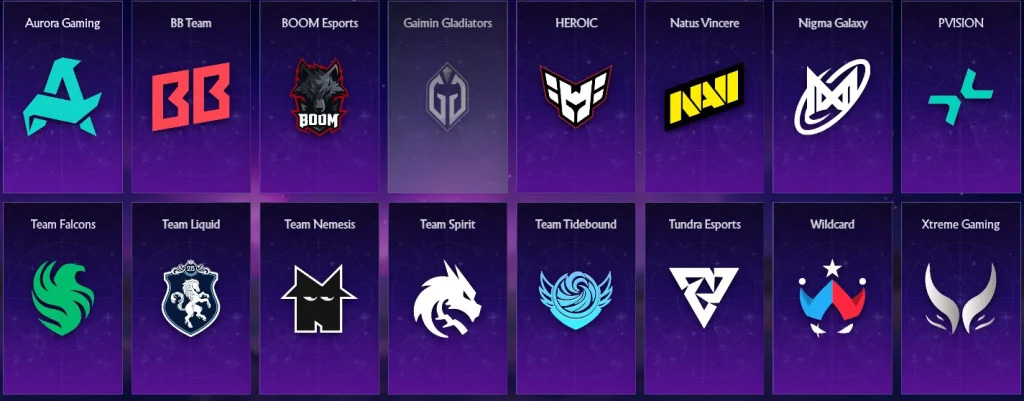The competitive Dota 2 scene has been rattled by a significant development: Gaimin Gladiators, a prominent team in the esports landscape, has officially withdrawn from The International 2025. This sudden announcement, confirmed by player Quinn “Quinn” Callahan, points to a deeper organizational conflict, shifting the focus from in-game strategies to complex legal entanglements.
A Clash of Narratives: Players vs. Management
The core of the issue appears to be a stark disagreement between the Gaimin Gladiators players and the organization`s management, escalating to the point where legal professionals are now involved. Quinn Callahan took to social media to shed light on the team`s perspective, directly addressing the organization`s decision.
In light of Gaimin Gladiators` recent announcement regarding their withdrawal from The International 2025 in Hamburg, we believe it`s necessary to clarify the situation. There are unresolved matters between us and Gaimin Gladiators that have required legal intervention. The decision to withdraw from The International was made unilaterally by Gaimin Gladiators. We explicitly stated, and formally documented, that we were ready and willing to compete at The International under the Gaimin Gladiators tag. The club, however, did not permit us to do so.
This statement presents a clear and unambiguous stance: the players were prepared to compete, desired to represent the Gaimin Gladiators brand, but were ultimately prevented by the organization`s unilateral action. It highlights a critical breakdown in communication and trust, where the professional aspirations of the players were seemingly overridden by internal disputes.
The Organization`s Counterpoint: A Different Angle
The Gaimin Gladiators organization, through its CEO, has offered a different, albeit less detailed, account. Their initial statement cited a conflict wherein players reportedly wished to participate in the prestigious tournament without the team`s official tag. Furthermore, the organization claimed that forming a new, competitive roster in time for The International was not feasible, thus necessitating their withdrawal.
The CEO also indicated that due to ongoing legal considerations, they were unable to disclose further specifics. This lack of transparency, while perhaps legally prudent, leaves a void that quickly fills with speculation, particularly when contrasted with the players` more direct claims.
The Nature of the Rift: What Lies Beneath?
The conflicting narratives raise pertinent questions about the nature of the “unresolved issues.” While specific details remain under wraps, such disputes in esports often revolve around contractual obligations, prize money distribution, intellectual property rights, or operational control. The players` assertion of wanting to play *under* the tag, against the organization`s claim that players wanted to play *without* it, forms a particularly ironic chasm. One side claims loyalty, the other implies a desire for detachment. It suggests a fundamental disagreement over the very essence of their professional relationship.
It`s not uncommon for the intense pressures of competitive gaming to spill over into off-stage disagreements. However, for such a conflict to culminate in a team withdrawing from the pinnacle event of their sport is an extraordinary measure, underscoring the severity of the situation.
Implications for The International 2025
With Gaimin Gladiators out, a highly coveted slot at The International 2025 now stands vacant. The tournament, scheduled to take place in Hamburg, Germany, from September 4 to 14, represents the culmination of the Dota 2 competitive year. It boasts a minimum prize pool of $2 million, continually augmented by community contributions through battle pass sales and support bundles. The absence of a team of Gladiators` caliber undoubtedly alters the competitive landscape, and the process for filling their vacated slot will be closely watched by fans and analysts alike.
A Broader Look at Esports Governance
This incident serves as a stark reminder of the evolving legal and structural challenges within the rapidly expanding esports industry. As prize pools grow and teams become global brands, the need for clear contracts, transparent communication, and robust dispute resolution mechanisms becomes paramount. The Gaimin Gladiators` situation highlights a potential area for further development in player-organization relations, ensuring that the passion for the game doesn`t get sidelined by off-stage legal battles.
For now, the Dota 2 community awaits further developments, hoping for a swift and equitable resolution, and looking forward to The International 2025, even if one of its anticipated contenders must watch from the sidelines.

